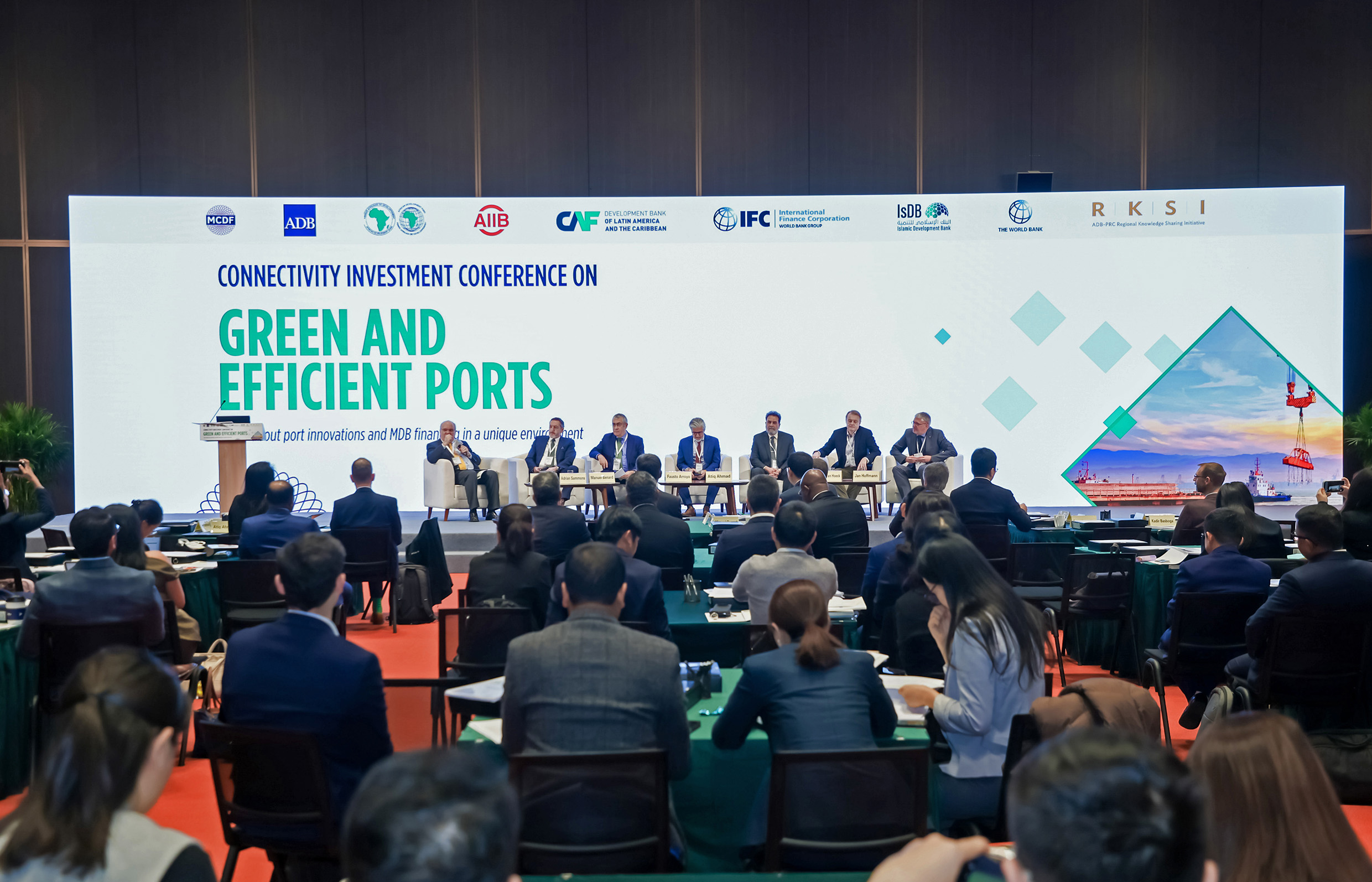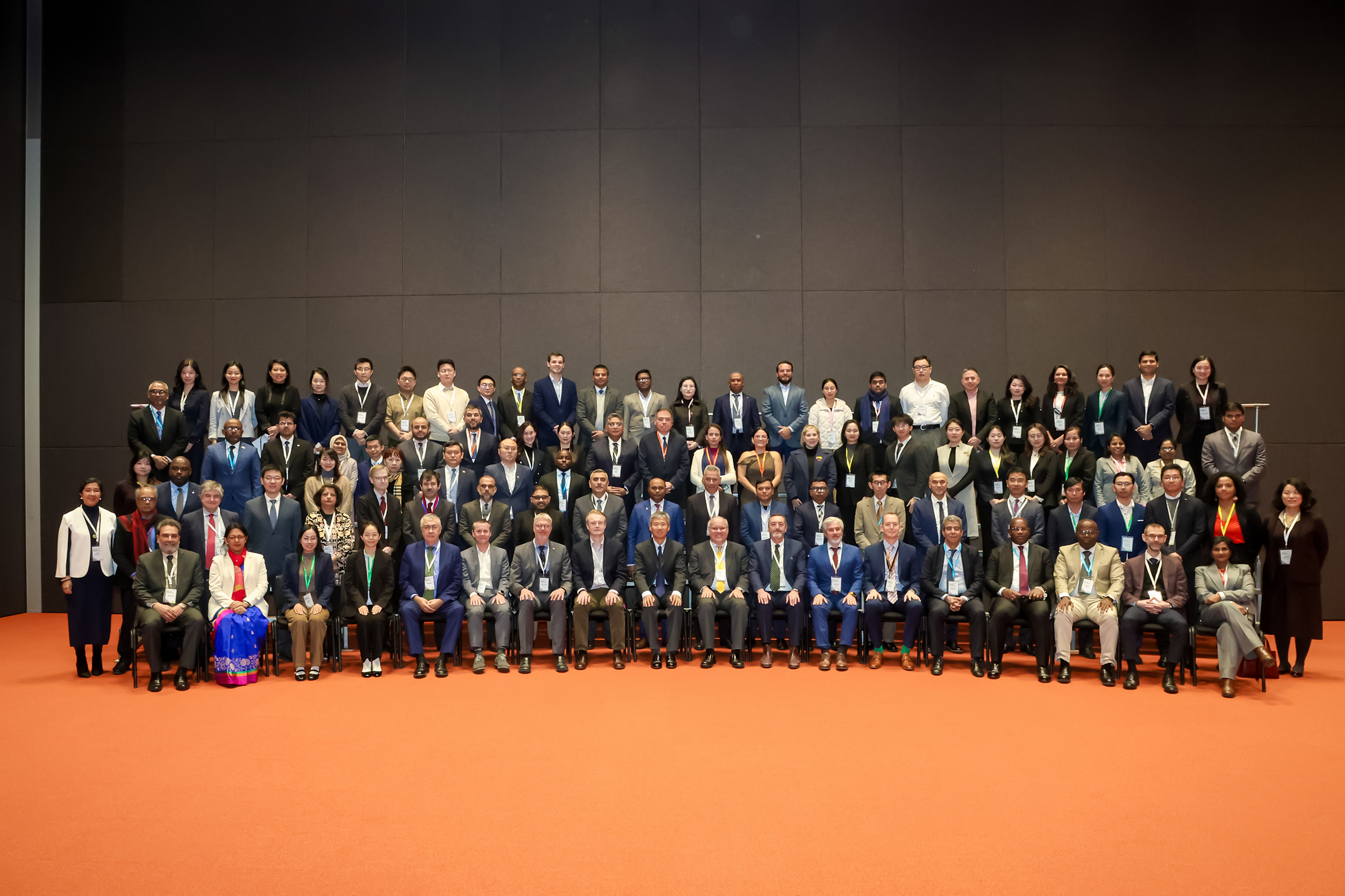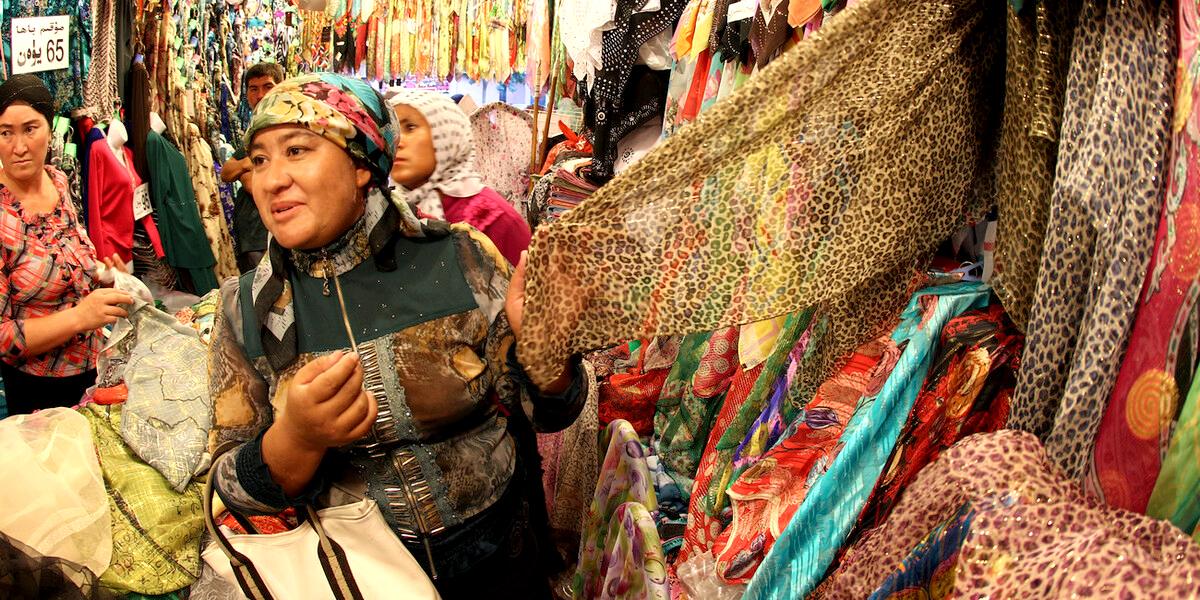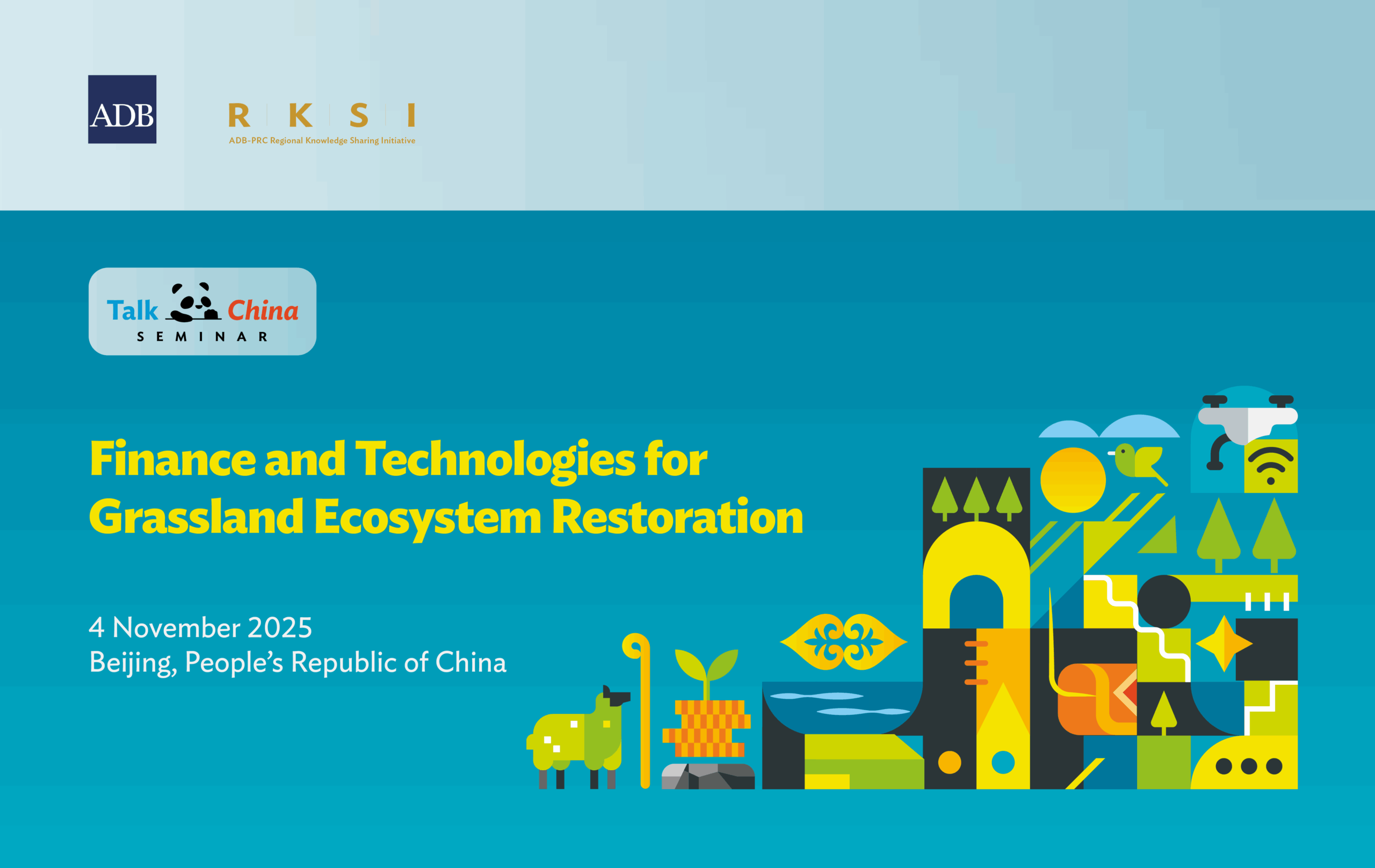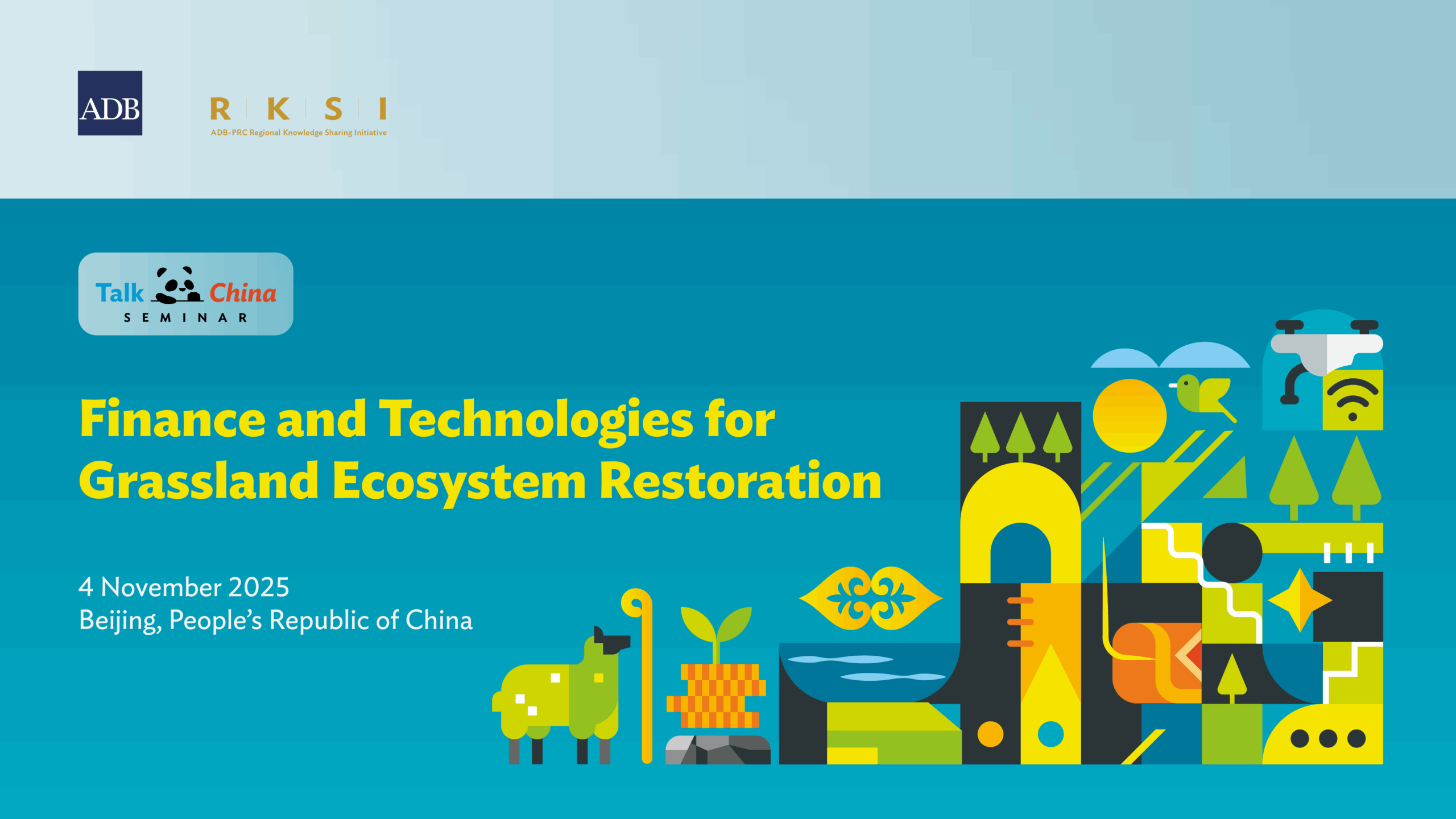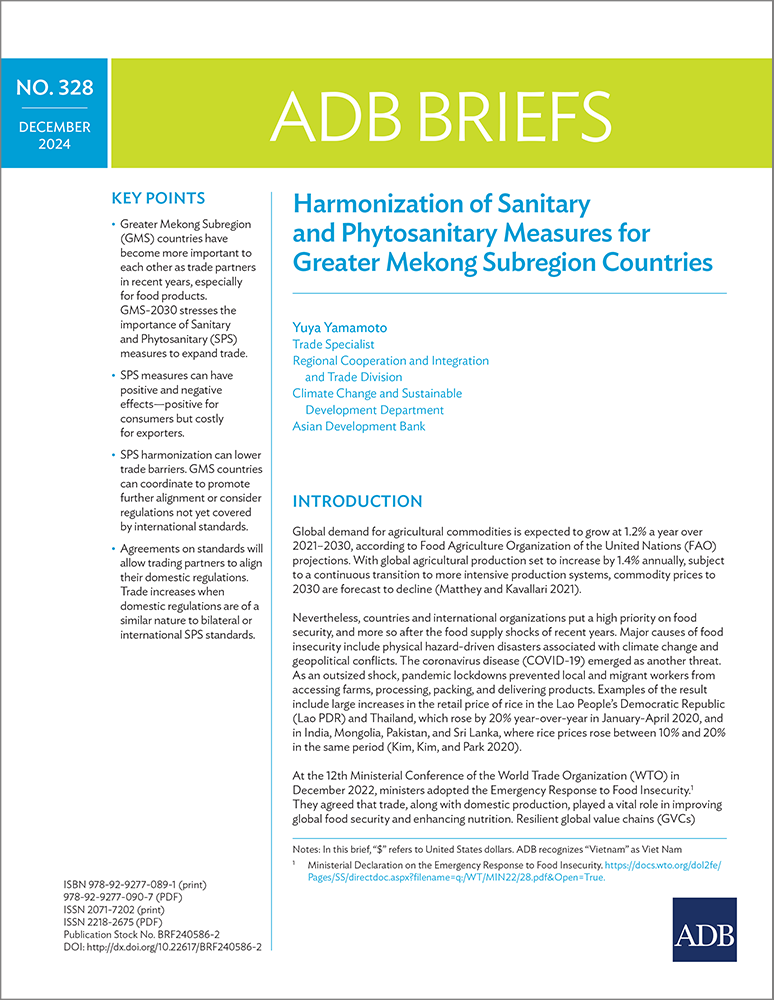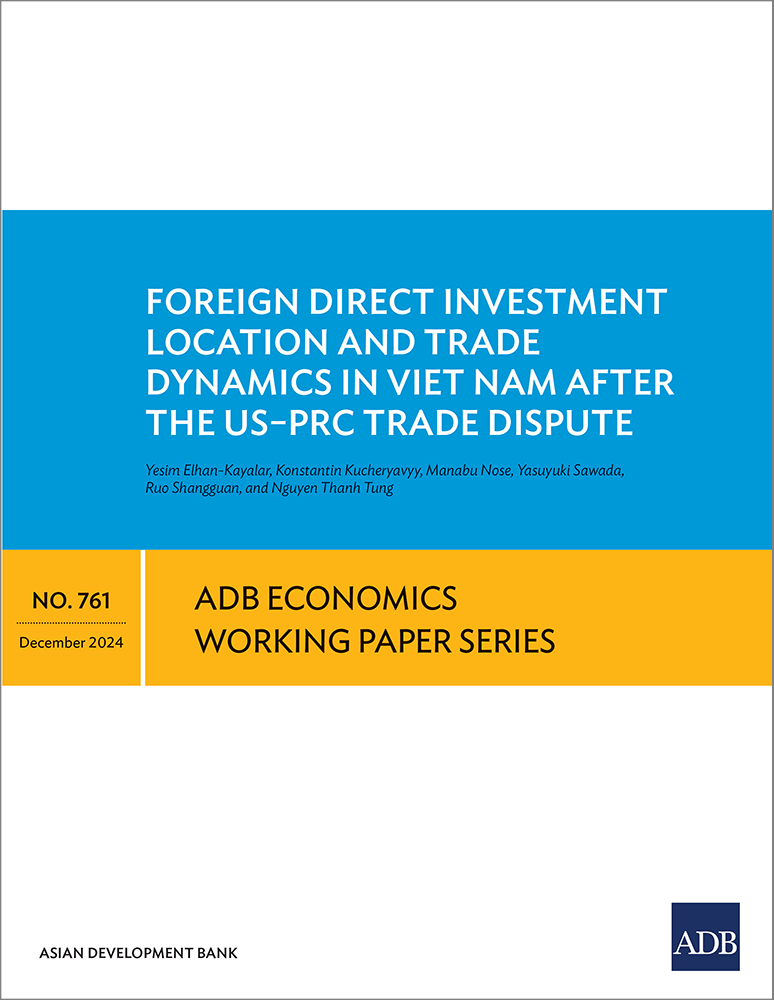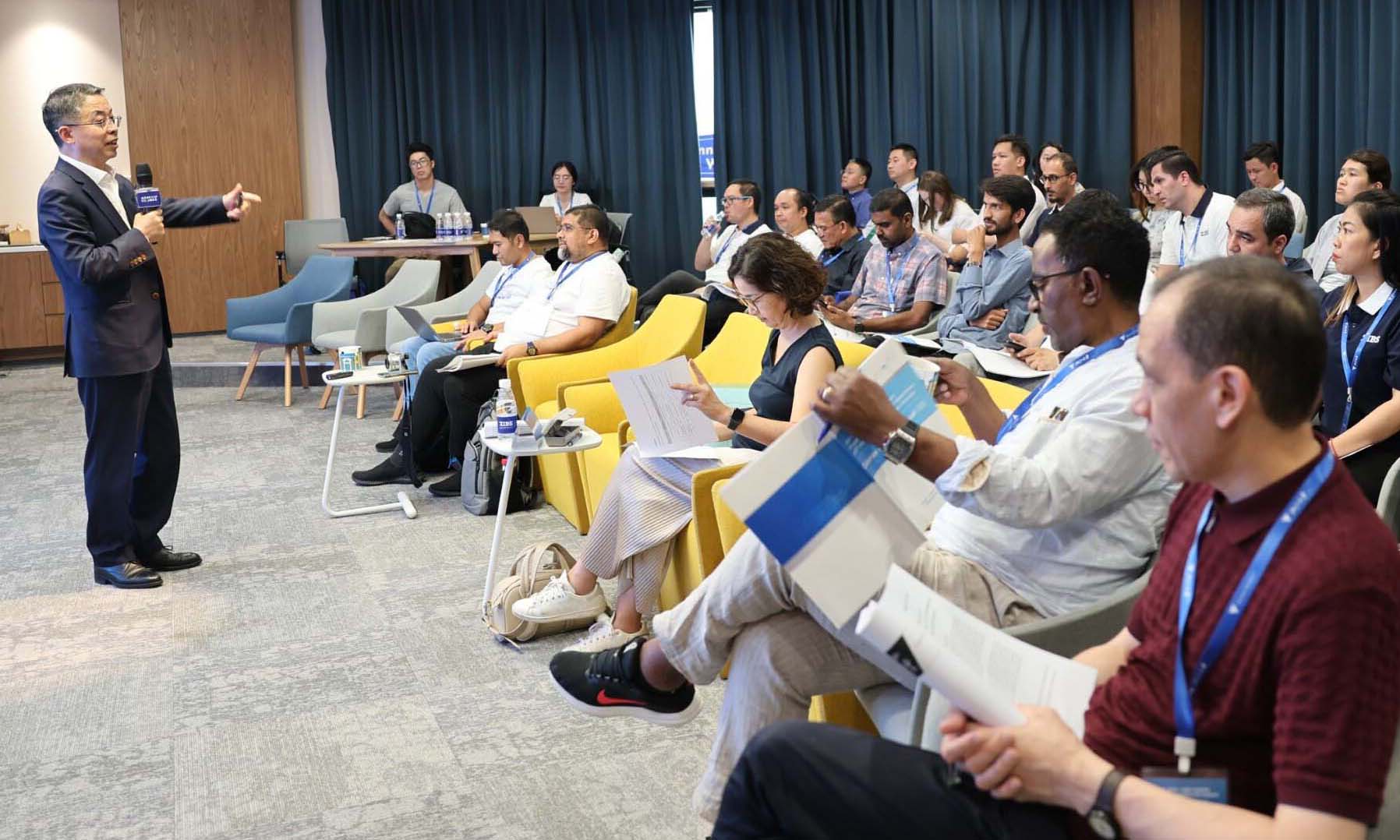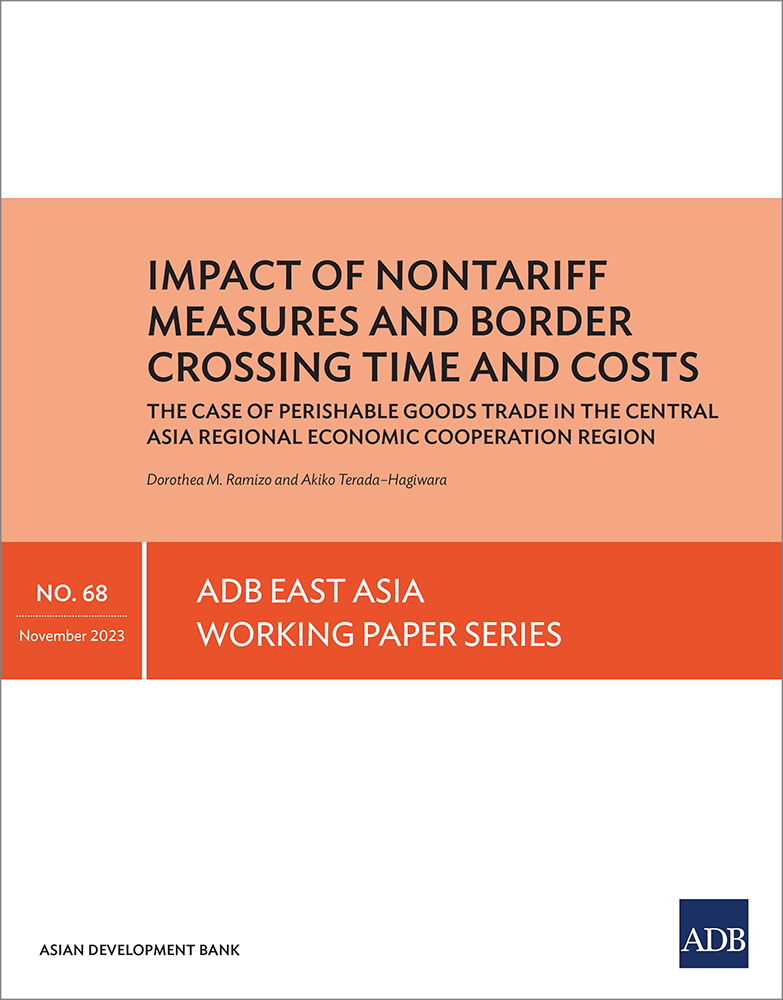
BEIJING, PEOPLE’S REPUBLIC OF CHINA (27 January 2026) — The Asian Development Bank (ADB) has signed a CNY141.4 million (equivalent to $20 million) senior secured loan with Zhejiang Xinghan Bona Pharmaceutical Technology Co., Ltd (Yaodou) to support the distribution of pharmaceuticals in the out-of-hospital segment in the People’s Republic of China (PRC).
The financing will provide Yaodou with essential working capital to expand pharmaceutical distribution in the out-of-hospital segment, comprising pharmacies and community health centers. Strengthening this segment will improve the availability of medicines beyond hospital dispensaries and help patients access essential treatments more conveniently and safely.
“The year 2026 marks 40 years of partnership between ADB and the PRC, a partnership that has continually evolved to address the country’s development priorities,” said ADB Country Director for PRC Asif Cheema. “The Yaodou project highlights ADB’s support for the PRC’s private sector development while strengthening health security.”
The out-of-hospital pharmaceutical market in the PRC is growing rapidly but remains highly fragmented. In 2024, pharmacies and community health centers accounted for 41.9% of pharmaceutical sales across a network of more than 1.7 million outlets. These facilities often face challenges, including small order sizes, high purchase frequency, and a complex landscape of intermediaries—all of which contribute to supply chain inefficiencies and uneven medicine availability.
“Yaodou’s mission is to fulfill the pharmaceutical needs of ordinary people,” said Yaodou Chief Executive Officer Qiu Zhongxun. “ADB’s loan will allow us to scale our inventory, strengthen our supply chain with upstream suppliers and downstream buyers, and expand our product offerings, particularly medicines for the elderly and for treating communicable diseases.”
Established in 2014, Yaodou is a pharmaceutical distributor focused on the out-of-hospital segment. The company delivers medical and pharmaceutical products, including a strong portfolio that addresses chronic diseases, aging related conditions, and common communicable illnesses. Yaodou distributes the majority of its products in inland provinces, including central and southern regions of the PRC, where access to reliable health care services is crucial.
ADB is a leading multilateral development bank supporting inclusive, resilient, and sustainable growth across Asia and the Pacific. Working with its members and partners to solve complex challenges together, ADB harnesses innovative financial tools and strategic partnerships to transform lives, build quality infrastructure, and safeguard our planet. Founded in 1966, ADB is owned by 69 members—50 from the region.
Reproduced from ADB.org.

